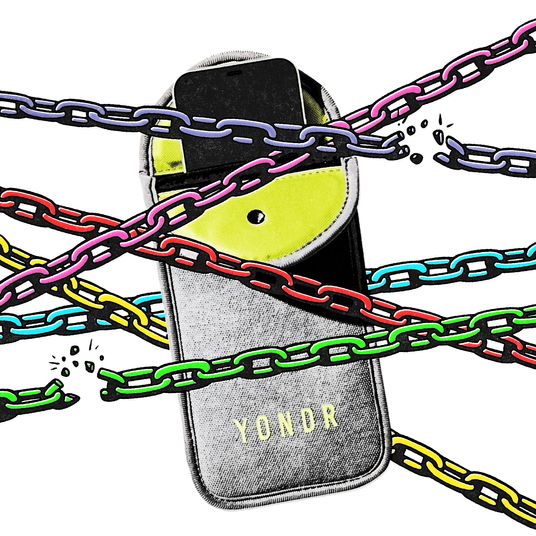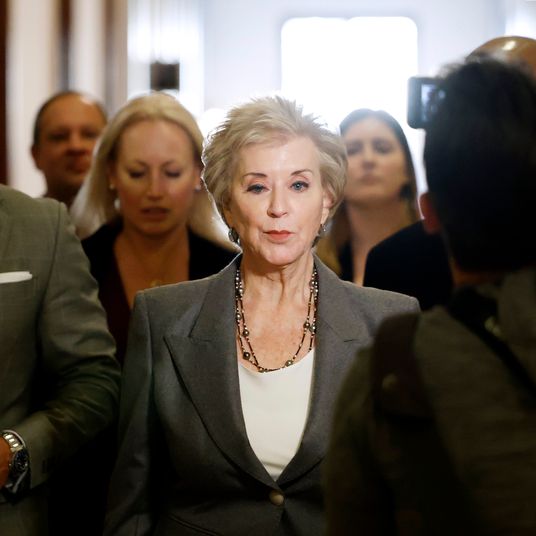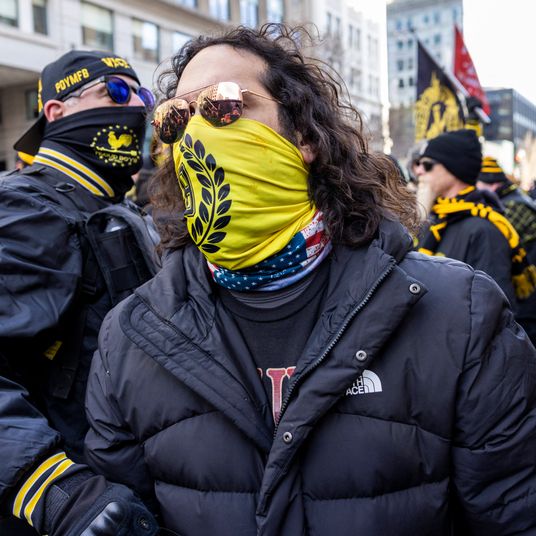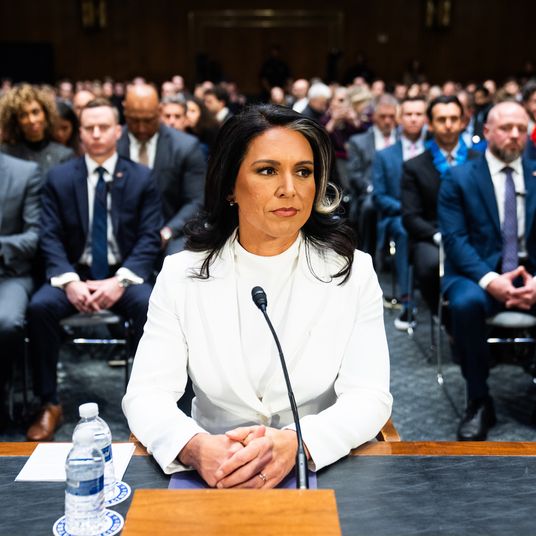They’re still at it. Aren’t we supposed to be over it? Even with a black president. When even the head of the Republican National Committee — of all things — is black, black-white marriages don’t even merit a turn of the head, and America’s favorite music is hip-hop, there are always black people claiming America is all about racism. The main reason for that now is the terrible relationship between black people and the police. In many circles, the proper response to a writer such as myself, who stresses that racism is no longer black people’s main problem, is to say: “Wait until he gets shot by the police!” As long as almost half the prison population is black, there will always be those asking, “What’s that all about?” Or as long as a nationally prominent black Harvard scholar can be ambushed while pushing at the jammed door to his own house by a police officer who suspects he’s a burglar.
Henry Louis Gates Jr.’s arrest for disorderly conduct last week in Cambridge, Massachusetts, lends itself to endless interpretations. One might ask whether Gates had to start yelling “Why, because I’m a black man in America?” as if he were in a Spike Lee movie. Probably he did sound, at the very least, uncooperative to the officer. Yet calls for decorum are a little too easy here. I’m not sure how polite I would be if cops invaded my house. Plus, it is in no sense paranoid to suspect that if the neighbor who called the police had seen two white men on that porch, then she would have been less likely to detect anything “suspicious.” Or that Sergeant Joseph Crowley, inquiring on the premises, would have simply left alone a white man who specified that he lived in the house.
But then maybe the white man wouldn’t have been as challenging to the officer (“Why, because I’m a white man in America?”). On all these things, there’s no way to be sure. It’s emblematic of how challenging it can be to figure out where we are on race in 2009. Last week in Brookline, next door to Cambridge, a middle-aged white man I know had another white man break into his own house when the door was stuck. No police. But then maybe no one happened to be looking. The larger meaning, in any case, is that “Why, because I’m a black man in America?” remains a thoroughly plausible reaction to far too many dealings with the police today. It’s the kind of thing that has Gates framing what happened to him as part of a “racial narrative.”
To tell him to stop the “histrionics,” as many have, is to misunderstand that to the black community, cases like the shooting death of Sean Bell, in 2006, and Oscar Grant in Oakland, California, last New Year’s Day, are not isolated incidents. They compose a pattern unparalleled by any similarly frequent deaths of young white men, their names often recited in speeches, sermons, and tirades. But there are other inescapable patterns, too. Let’s face it: Black people do commit a disproportionate amount of crime in America. Example: Black people made up one in four of New York’s population in 2006, but committed 68.5 percent of murders, rapes, robberies, and assaults.
We can train the police against stereotyping. We can root out certain types of officers, perhaps those especially attracted to carrying a gun on behalf of law and order. But as long as black people commit a disproportionate amount of crimes, officers will occasionally be driven by certain gut-level assumptions, right or wrong. Pretty? Not at all. True? Sadly, yes.
Black America has to help fight the stereotype, too. For example, Obama isn’t earmarking $12 billion to community colleges for nothing. What about a nationwide movement to steer black men uninterested in
four-year college into solid vocational jobs? It’s cheap, it doesn’t take long, and it’s a better investment than selling drugs or hanging out with people who do. Or what about a nationwide movement to volunteer at organizations helping ex-cons readjust and get jobs? Each year, 700,000 are released; within a year, almost half are arrested again, often dragging new recruits along with them. Prisoner re-entry programs are growing nationwide. Let’s treat that as big news, too. It is often implied that run-ins with the police are part of Being a Black Man in America. That’s pushing it — it’s never happened to me, nor has it happened to many of my friends. But it happens to enough of us, including Henry Louis Gates Jr., that its symbolism will persist, Obama or not.





























